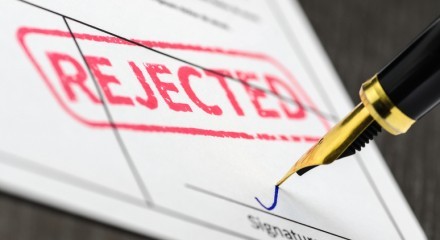Company liquidation with unpaid CBILS – is the director liable?
Posted on: Monday 8th February, 2021

Understanding director liability for unpaid government loans
If your business is struggling to survive the effects of the coronavirus pandemic and you’re worried about liquidation, you may be wondering if you’re at risk of personal liability as a director.
It’s common for lenders to demand personal guarantees from directors to reduce their risk should a business default, but the government brought in new loan schemes to help businesses secure emergency funding amid the chaos of coronavirus.
The first of these was the Coronavirus Business Interruption Loan Scheme, or CBILS. So is the director liable in cases of company liquidation with unpaid CBILS, and what happens to this type of loan when it can’t be repaid?
CBILS and personal guarantees
The government guarantees 80% of a CBILS loan, and those under £250,000 don’t require a personal guarantee. They are required for loans over £250,000, but limitations were put in place to restrict a lender’s powers of recovery.
- A director’s main home couldn’t be used as security
- A cap of 20% was placed on the amount that could be recovered (after the application of business assets)
A personal guarantee means that a director becomes liable to repay outstanding amounts when their company can no longer afford the loan, and some lenders did demand these from directors for loans under £250,000, despite government guidance.
What happens to unpaid CBILS in company liquidation?
When a company is liquidated, the limited liability structure typically means that directors aren’t liable for business debts. Exceptions to this rule do exist, and one is when the director has provided a personal guarantee.
Where directors haven’t fulfilled their statutory duties, they can also face liability for debts incurred by the company. In the case of a CBILS loan this might involve giving false information on the application, for example, or using the loan for personal purposes rather than for the economic benefit of the company.
Liquidation with unpaid CBILS
It’s preferable for companies to voluntarily enter liquidation rather than waiting for a creditor to take action, as there’s a high risk that creditor losses would increase. Creditors’ Voluntary Liquidation (CVL) offers more control to directors who are already facing uncertainty due to unpaid CBILS, and reduces the chance of personal liability arising from wrongful trading.
If a company is facing liquidation, it may be possible for the directors to claim redundancy pay and other entitlements. The average claim for director redundancy is £9,000, which could repay an unpaid coronavirus business loan and potentially other company debts. This money could also be used for the Creditors’ Voluntary Liquidation procedure.
Professional help when you’re worried about director liability
It’s crucial to cease trading immediately when a company becomes insolvent, and seek advice from licensed insolvency practitioners (IPs). By prioritising your creditors you fulfil your legal duties as a director, and reduce your risk of liability.
CFS Redundancy Payments can provide the guidance you need at this worrying time. Our licensed insolvency practitioners will present your best options and let you know if you’re eligible to claim redundancy pay. Please call our team of experts – we offer free same-day consultations and operate from a broad network of offices throughout the UK.






